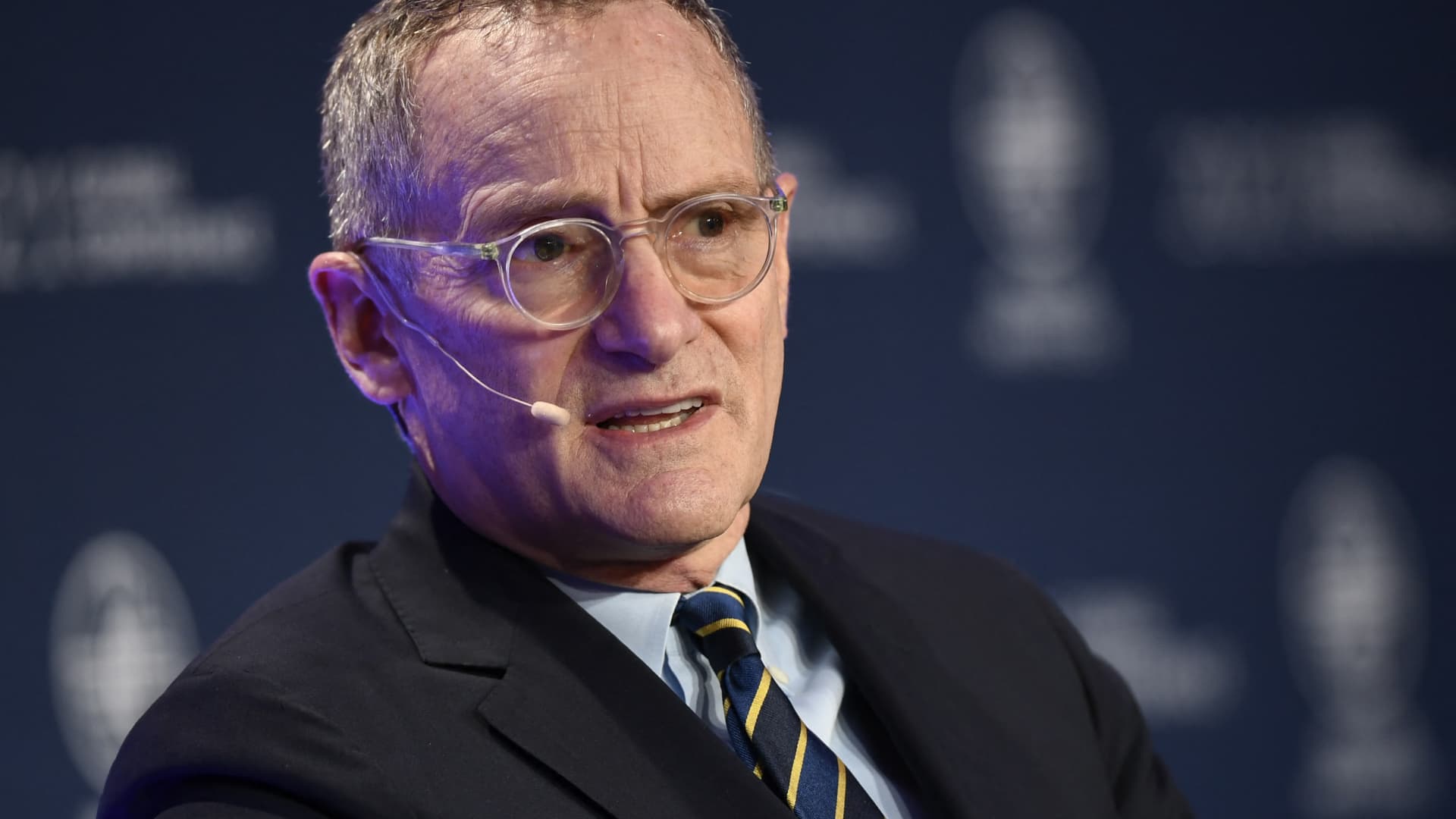Interest Rates: A New Era of Sustainable Equilibrium
A Departure from Historically Low Rates
In a refreshing shift from the ultra-low rates that have characterized the post-financial crisis era, veteran investor Howard Marks believes the Federal Reserve is unlikely to revert to such accommodative policies. “The U.S. economy is performing admirably, eliminating the compelling need for monetary stimulus,” Marks asserted in a recent interview with LA News Center.
A Measured Approach to Inflation Control
Marks characterizes the current federal funds target rate of 5.25% to 5.5% as an “emergency measure” designed to curb rampant inflation and cool the economy. However, once inflation is subdued, he anticipates the Fed will gradually reduce rates to a “moderate and sustainable level.” Marks speculates that such a level may reside within the 3% range.
From 2007 to 2008, the Fed aggressively lowered rates to near zero. This was followed by a modest increase from late 2015 until the onset of the Covid-19 pandemic. Throughout the period from 2009 to 2021, the federal funds rate hovered around a meager 0.5% on average, representing an era of unprecedented liquidity.
The Pitfalls of Perpetual Stimulus
Marks firmly believes that interest rates should primarily be dictated by the free market, not by central bank mandates. He contends that persistent low rates have “distorted the behavior of economic actors” and markets, fostering a “delusional sense of well-being.”
Marks maintains that ultra-low rates have stimulated the economy excessively, fueled inflation, artificially inflated the allure of risky assets, and created excessive volatility in capital availability.
A Return to Market Equilibrium
Marks envisions a future where credit will once again play a pivotal role in investors’ portfolios. “During the prolonged low-rate environment, investors lost the habit of allocating to credit due to the abysmally low yields,” Marks observed. “Today, credit instruments offer far more attractive yields, providing investors with a solid foundation comparable to equity returns.”
Oaktree Capital Management’s Advantage
Marks’ firm, Oaktree Capital Management, specializes in distressed securities. With interest rates rising, Marks sees an advantage for his firm. “Sub-investment-grade credit instruments now yield close to or exceed the historical average return on equities, which hovers around 10%,” Marks stated. “This represents a significant opportunity that was unavailable during the low rate period.”
Conclusion
Veteran investor Howard Marks predicts a prolonged departure from the ultra-low interest rates that have characterized the past decade. He believes that higher rates will normalize market behavior, strengthen credit markets, and foster a more sustainable economic environment. While the current high-rate environment may challenge some, Marks remains optimistic about the future, particularly for his firm’s ability to capitalize on the newfound opportunities that higher rates present.
Data sourced from: cnbc.com
























